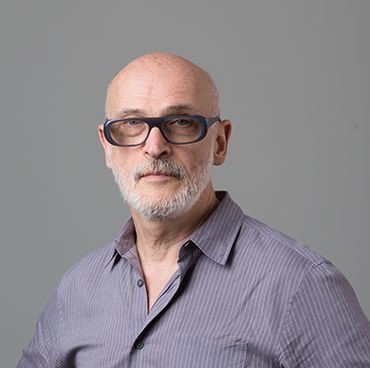Alexander “Sasha” Rudensky, Ph.D., is chairman of the Immunology Program and director of the Ludwig Center for Cancer Immunotherapy at Memorial Sloan-Kettering Cancer Center (MSKCC), an Investigator with the Howard Hughes Medical Institute, and a Tri‐Institutional Professor at MSKCC, the Rockefeller University and Cornell University. Prior to joining MSKCC, he was Professor of Immunology at the University of Washington School of Medicine, Seattle.
Dr. Rudensky received his Ph.D. from the Gabrichevsky Research Institute of Epidemiology and Microbiology, Moscow and postdoctoral training at Yale University Medical School with the late Dr. Charles A. Janeway, Jr. Currently, Dr. Rudensky’s research is focused on the differentiation of regulatory T lymphocytes, and their role in the immune responses. His laboratory demonstrated a role for the transcription factor Foxp3 as a Treg cell lineage specification factor, and his studies revealed an essential role for these cells as life-long “guardians” of immune homeostasis and key mechanisms of their differentiation and function. Dr. Rudensky’s work provided important insights into the fundamental role for regulatory T-cells in immunological tolerance and in a variety of processes and pathologies, including autoimmunity, allergy, transplantation, immunity to infections, pregnancy, tissue repair, and cancer.
Dr. Rudensky is an elected member of the National Academy of Sciences, and National Academy of Medicine, and a fellow of the American Academy of Arts and Sciences. He has been named a Thomson-Reuters Citation Laureate and awarded the Crafoord Prize by the Royal Swedish Academy of Sciences, Vilcek Prize in Biomedical Science, Coley Award for Basic Immunology by the Cancer Research Institute, American Association of Immunologists Pharmingen Investigator Award and Searle Scholar Award. He has been a member of numerous editorial and advisory boards including Cancer Research Institute and Damon Cancer Research Foundation. He also serves as an editor of the Journal of Experimental Medicine.
